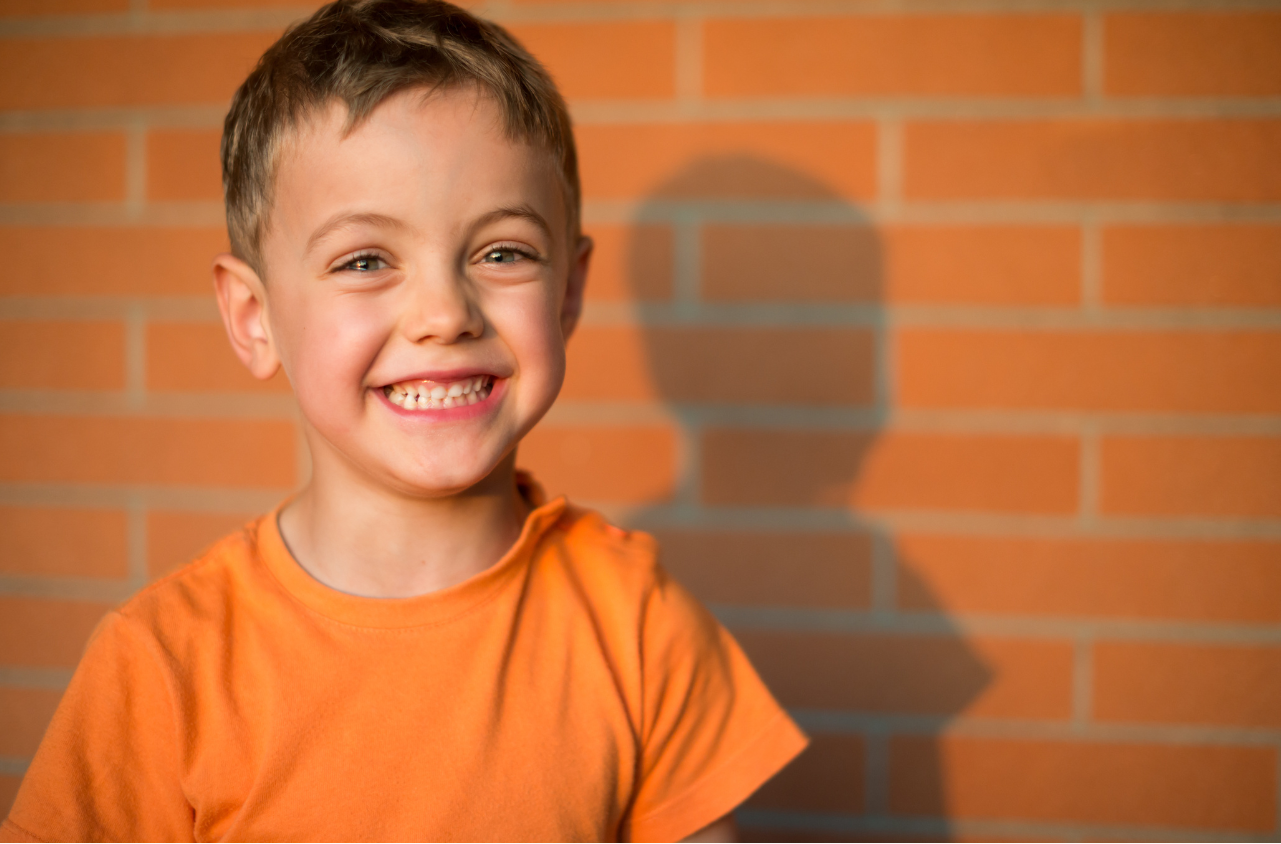The Hidden Impact: How Social Media Shapes the Lives of Children

In today’s fast-paced digital world, social media has become an inseparable part of children’s lives. With the rapid social media growth, platforms like Instagram, TikTok, and Snapchat are influencing how young minds perceive themselves and the world around them. While social media offers some benefits, it also poses serious risks to children’s emotional well-being, mental health, and overall development. Understanding these impacts is crucial in ensuring their safety and protection.
The Dual Nature of Social Media: Benefits and Harmful Effects
Social media has undoubtedly revolutionized communication and learning, offering a space for children to explore, connect, and express themselves. Some of the social media benefits include:
- Access to educational content and global awareness.
- Enhanced communication with friends and family.
- A platform for creative expression and talent showcasing.
However, these advantages come with social media harmful effects that cannot be ignored. Excessive screen time and exposure to online interactions can lead to emotional distress, cyberbullying, and mental health struggles, increasing the risk of social media depression among children.
Emotional Abuse and Behavioral Changes in Children
One of the most concerning aspects of social media is its potential to expose children to emotional abuse. Negative interactions, unrealistic beauty standards, and cyberbullying contribute to low self-esteem, anxiety, and even self-harming behaviors. Studies show that children who frequently use social media are more likely to experience mood swings, social withdrawal, and trust issues.
Additionally, children exposed to domestic violence are likely to seek validation and comfort online, making them vulnerable to online predators and harmful communities that exploit their emotional distress. The lack of parental supervision in online spaces further exacerbates these risks, leading to serious consequences on children’s behavioral health.
The Role of Children Advocacy Centers and Behavioral Health Support
To combat the negative effects of social media, children advocacy centers and behavioral health professionals play a crucial role in offering support and guidance. By promoting children’s behavioral health, these organizations provide safe spaces where children can express their concerns, seek emotional help, and learn how to navigate the digital world safely.
Protecting Children: A Shared Responsibility
As social media continues to evolve, safeguarding children from its harmful impacts should be a collective effort. Parents, educators, policymakers, and advocacy organizations must work together to:
- Set healthy screen-time limits and encourage offline activities.
- Educate children about digital literacy and online safety.
- Foster open communication about their online experiences.
- Support mental health initiatives and counseling programs.
But guidance alone isn’t enough—structural change is key. That’s why we advocate for stronger policies for child protection that ensure schools and communities are equipped to address digital and real-world threats. By taking these steps, we can help children harness the social media facts they need to use digital platforms responsibly while ensuring their emotional well-being and future success.
Final Thoughts: A Call to Action
While social media is here to stay, its impact on children’s lives should not be underestimated. As a non-profit child welfare organization, we are committed to ensuring that every child grows up in a safe, protected environment—both online and offline. Join us in advocating for stricter online safety measures and promoting children’s behavioral health to create a future where every child thrives without fear.
Together, we can build a world where children feel empowered, safe, and free from the harmful effects of social media.
Mark Schwartz
See a child in danger? If you are in immediate danger, call local emergency services. For guidance from CPGN, Get Help.
CPGN is a 501(c)(3) — donations are tax-deductible where applicable. Our goal is to ensure the safety and protection of every child until it is achieved.
Quick Links
See a child in danger? If you are in immediate danger, call local emergency services. For guidance from CPGN, Get Help.
CPGN is a 501(c)(3) — donations are tax-deductible where applicable. Our goal is to ensure the safety and protection of every child until it is achieved.
Copyright © 2025 CPGN. All rights reserved by Majnate LLP | Privacy Policy | Terms and Conditions

